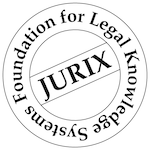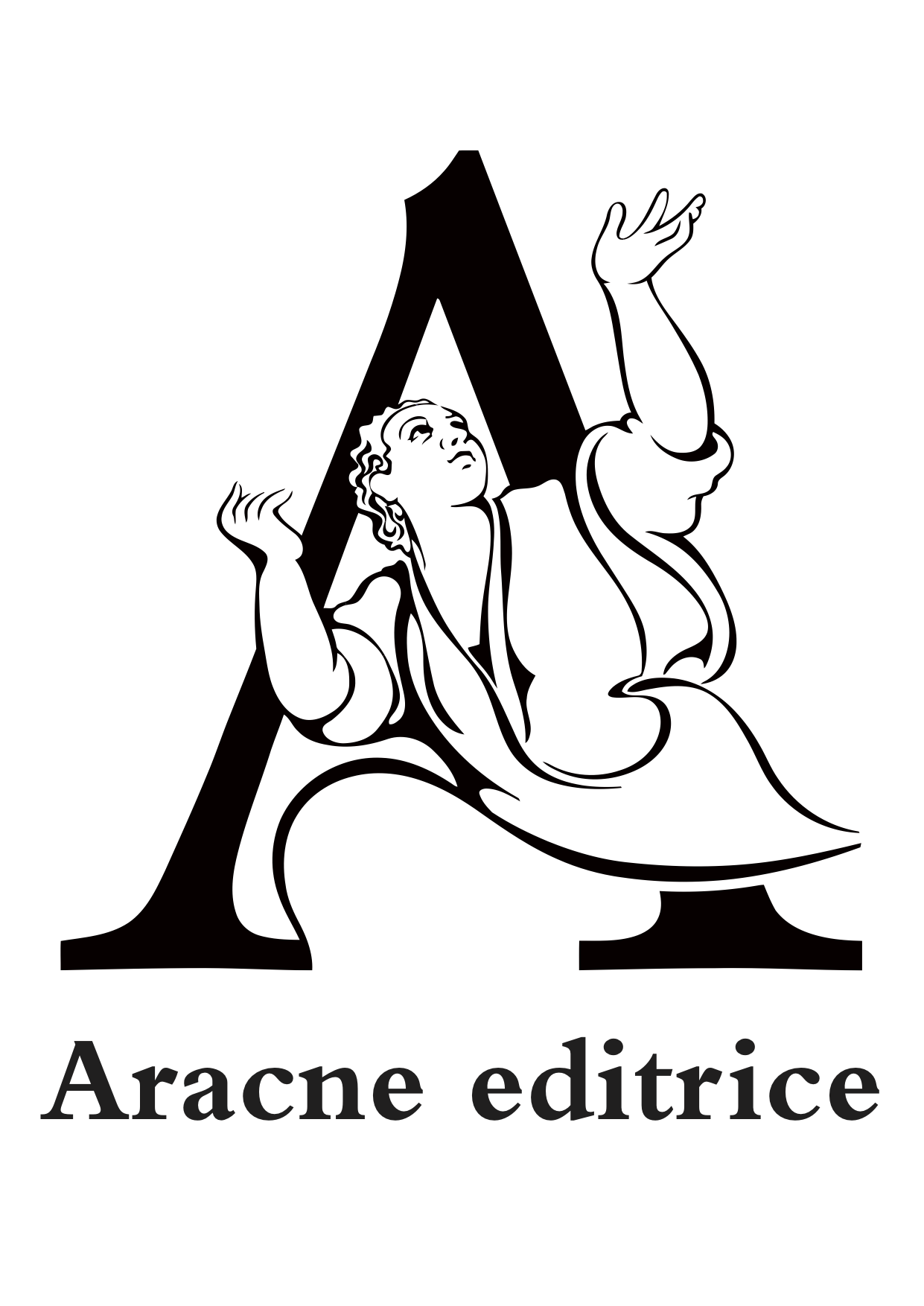First Workshop on
Legal Knowledge and the Semantic Web (LK&SW-2013)
jointly with AICOL follow-up activities
The two research areas of Legal Knowledge & Information Systems, and the Semantic Web are very much interconnected. The legal domain is an ideal field of study for Semantic Web researchers, as it uses and contributes to most of the topics that are relevant to the community. Given the complex interactions of legal actors, legal sources and legal processes, as well as the relevance and potential impact of decisions in the juridical and social processes of a country, it provides a challenging context and an important opportunity for groundbreaking research results. At the same time, Semantic Web formalisms and technologies provide a set of technical instruments which can be fruitfully adopted by legal experts to represent, interlink, and reason over legal knowledge and related aspects such as provenance, privacy, and trust. In particular, Semantic Web technology facilitates standards- based legal knowledge representation, which enables the possibility of legal information reuse over the Web.
Ontologies, knowledge extraction and reasoning techniques have been studied by the Artificial Intelligence & Law community for years, but only few and sparse connections with the Semantic Web community have resulted from these interactions. The aim of this workshop is to study the challenges that the legal domain poses to Semantic Web research, and how Semantic Web technologies and formalisms can contribute to address these open issues. This way, we promote the use of legal knowledge for addressing Semantic Web research questions and, vice versa, to use Semantic Web technologies as tools for reasoning over legal knowledge.
In particular, the workshop will look for original, high quality contributions that explore the following topics (but not limited to):
- Access policies for Semantic Web datasets
- Online dispute resolution and mediation on the Semantic Web
- Regulations and privacy issues in Social Web communities
- Using Semantic Web formalisms and technologies in large legal document collections
- Legal knowledge in Linked Open Data
- Semantic annotations for legal texts
- Legal reasoning and querying in the Semantic Web
- Data licensing on the Semantic Web
- Provenance information for detecting violations of norms/policies
- Expressive vs. lightweight representations of legal knowledge
- Core and domain ontologies for the legal domain
- Ontology design patterns for the legal domain
- OWL approaches to reasoning and legal knowledge
- Data interlinking of legal content
- Provenance, trust and metadata for authoritative sources
- Publishing and reusing of legal-related content in Linked Data
- Rules in the Semantic Web
Organizing Committee
Guido Governatori (NICTA Queensland)
Rinke Hoekstra (VU Amsterdam/University of Amsterdam)
Monica Palmirani (University of Bologna)
Antonino Rotolo (University of Bologna)
Serena Villata (INRIA Sophia Antipolis)
Program Committee
Marco Comerio (University of Milan)
Enrico Francesconi (ITTIG, Florence)
Fabien Gandon (INRIA Sophia Antipolis)
Roberto Garcia (University of Lleida)
Thomas Gordon (Fraunhofer)
Olaf Hartig (University of Waterloo)
Renato Iannella (Semantic Identity)
Lalana Kagal (MIT)
Adrian Paschke (Free University Berlin)
Victor Rodriguez-Doncel (Universidad Politecnica de Madrid)
Luigi Sauro (University of Naples)
Important Dates
October 14th: Deadline for papers submission
November 15th: Papers notification of acceptance
December 11th: Workshop at JURIX
Submission:
https://www.easychair.org/conferences/?conf=lksw2013
Publication Opportunity
A selection of the best papers of the workshop will be published at LNAI Springer Series jointly with AICOL IV-V follow-up activities.






